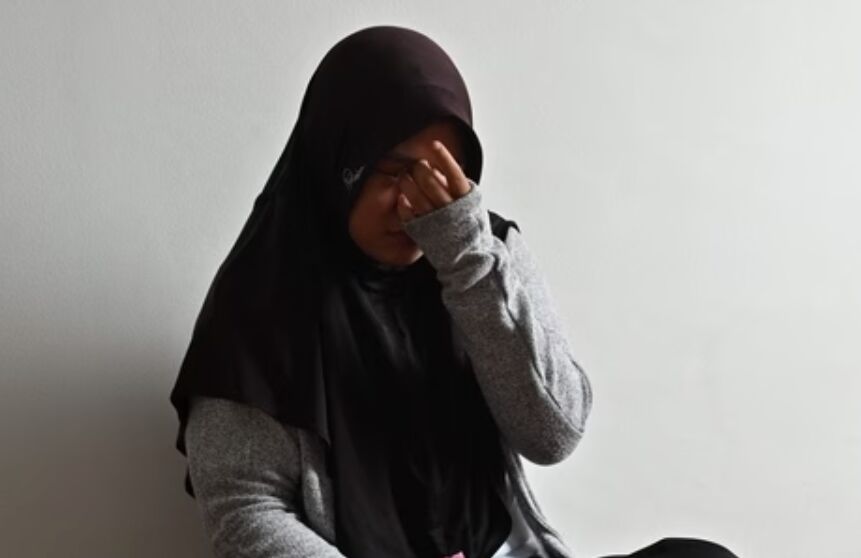Indonesia's Failure to Protect Domestic Workers: The Shocking Abuse of Maid Siti Khotimah Exposes Government Inaction
Indonesian maid's horrifying abuse exposes government's failure to protect domestic workers. Lack of legal protection leaves millions vulnerable to abuse, prompting calls for immediate action and passing of new bill.
The horrific abuse of an Indonesian maid named Siti Khotimah has shed light on the Indonesian government's failure to protect domestic workers. Khotimah, who left her hometown in Central Java to work as a maid in Jakarta, experienced months of torture at the hands of her employers.
As a result, the 24-year-old now suffers from physical and emotional scars. Khotimah's case is unfortunately not unique in Indonesia, where there is no bill in place to protect domestic workers.
This leaves over four million people, predominantly women, vulnerable to abuse. The lack of legal protection forces domestic workers to operate in an informal and unregulated economy. The government's slow response to this issue has drawn criticism from activists who argue that more needs to be done to support domestic workers within the country.
While the government has made efforts to help workers abroad, it has neglected the welfare of those working domestically. Khotimah's employer, a 70-year-old wealthy individual in south Jakarta, was recently sentenced to four years in prison for physical abuse. However, Khotimah believes the sentence is too light compared to the severity of the abuse she endured.
She has also revealed that she was raped during her employment, prompting her to file separate charges for sexual abuse. A proposed domestic worker bill has been stalled for almost two decades, further highlighting the government's failure to prioritize the rights and protection of domestic workers. Activists argue that even if the bill is passed, it will mainly benefit workers recruited by agents to work overseas, leaving those working within Indonesia without adequate legal protection.
Women's rights activists are calling on the government to take immediate action to pass the domestic worker bill and provide better support for domestic helpers. They stress the importance of fulfilling responsibilities within the country before demanding protection for workers abroad.
Despite the risks and horrifying stories of abuse, many women from rural areas, like Khotimah, feel compelled to seek work in big cities to alleviate poverty and debt. The desperation for financial stability often outweighs the potential dangers and exploitation they may face. Khotimah's mother discovered her in a traumatized state, covered in wounds and injuries inflicted by her employers.
They immediately sought help from the police, leading to the arrest of the suspects. Khotimah spent four months in a Jakarta hospital, where she underwent physical recovery. She is now determined to fight for justice not just for herself, but for all domestic workers. With the support of the rights group Jala PRT, Khotimah is filing rape charges against her employer under sexual abuse and human trafficking laws.
She hopes that her case will raise awareness and lead to the passing of the domestic worker bill, so that no one else has to endure the pain and suffering she went through. The case of Siti Khotimah serves as a glaring reminder of the urgent need for the Indonesian government to prioritize the protection and rights of domestic workers.
It is a call to action to rectify the failures in the legal framework and ensure that no individual, like Khotimah, is subjected to such horrific abuse and exploitation in the future.




